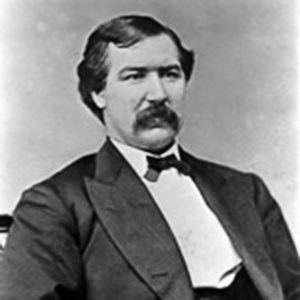 Alexander McDonald
Alexander McDonald
Entry Category: Government and Politics - Starting with M
 Alexander McDonald
Alexander McDonald
McDougal, Jim
aka: James Bert McDougal
McDougal, Susan Carol Henley
McHaney, Edgar Lafayette
McKennon, Arch
aka: Archibald Smith McKennon
McLarty, Mack
aka: Thomas Franklin McLarty III
McLaughlin, Leo Patrick
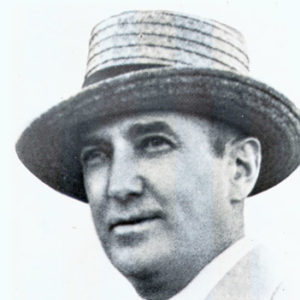 Leo McLaughlin
Leo McLaughlin
McLaughlin, William Heber
 McMath Family
McMath Family
 McMath Postcard
McMath Postcard
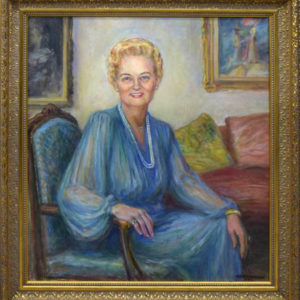 Ann McMath
Ann McMath
McMath, Sid
aka: Sidney Sanders McMath
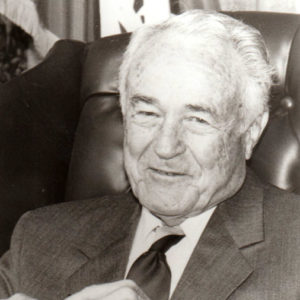 Sid McMath
Sid McMath
 McRae Campaign
McRae Campaign
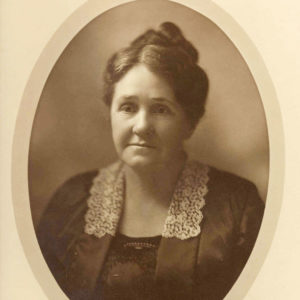 Amelia McRae
Amelia McRae
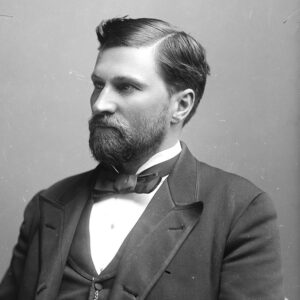 Thomas C. McRae
Thomas C. McRae
McRae, Thomas Chipman
McRae, Thomas Chipman, IV
 Tom McRae IV
Tom McRae IV
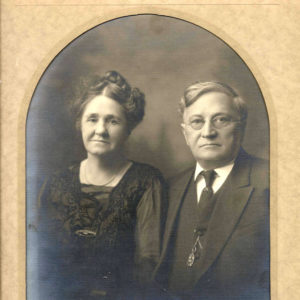 McRaes
McRaes
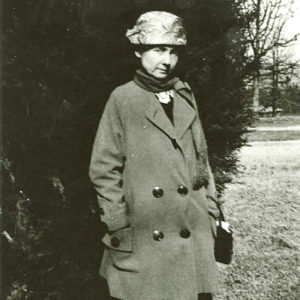 Florence McRaven
Florence McRaven
McRaven, Florence Emily McGraw
Meahl, Helen Mae Eidson Buchanan
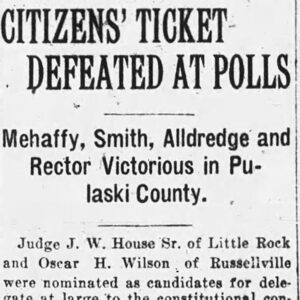 Mehaffy Elected
Mehaffy Elected
Menifee, Nimrod P.
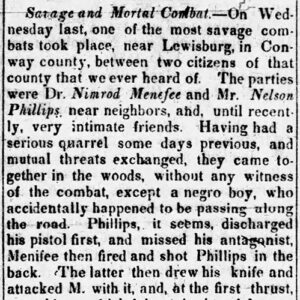 Menifee/Phillips Duel Story
Menifee/Phillips Duel Story
Merci Train
aka: Gratitude Train
aka: Train de Reconnaissance
Meriwether, John Thompson (Jack)
Metroplan
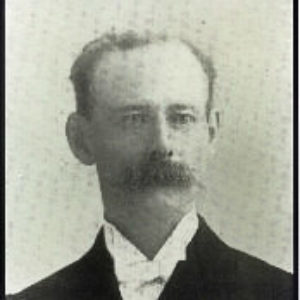 Rev. J. W. Michaels
Rev. J. W. Michaels
Milam, Carl Max
Militia Wars of 1868–1869
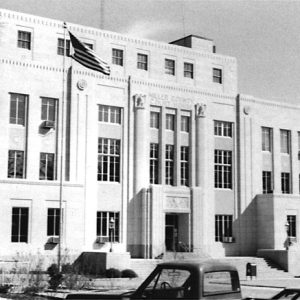 Miller County Courthouse
Miller County Courthouse
Miller, Abraham Hugo
Miller, James
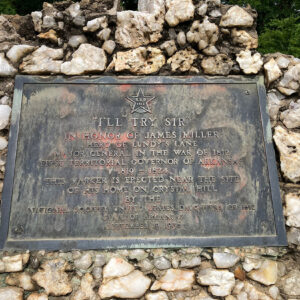 James Miller Memorial
James Miller Memorial
Miller, John Eldon
Miller, John Elvis
Miller, William Read
 Mills Campaign Sticker
Mills Campaign Sticker
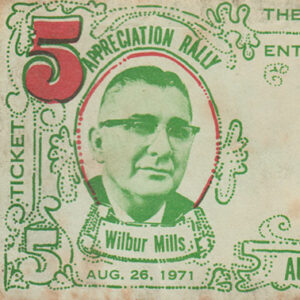 Mills Rally
Mills Rally
Mills, Wilbur Daigh
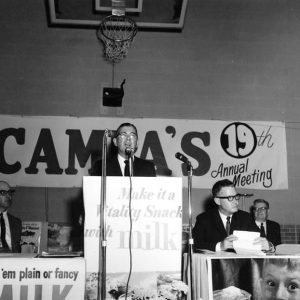 Wilbur Mills at CAMPA Meeting
Wilbur Mills at CAMPA Meeting
Millwee, Minor Wallace
Minstrels [Political Faction]
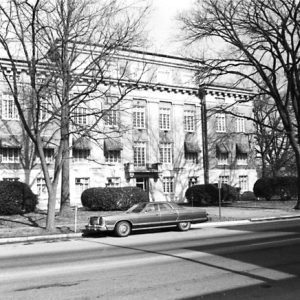 Mississippi County Courthouse
Mississippi County Courthouse
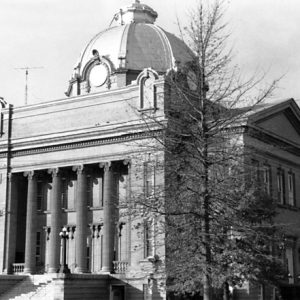 Mississippi County Courthouse
Mississippi County Courthouse
 Mississippi Cruise
Mississippi Cruise




